Recent News
Former Postdoctoral Researcher from the ‘Camelids’ Project Appointed Vice rector for Research and Innovation
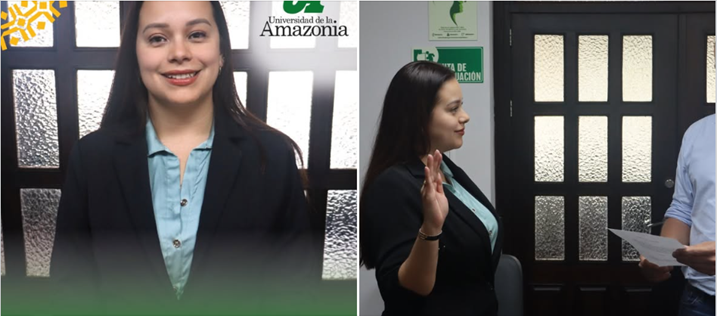
February 25, 2026
Dr. Alejandra Toro Ospina during her appointment as Vice-rector for Research and Innovation at the Universidad de la Amazonia, January 16. Photo credit: Universidad de la Amazonia.
New publication from Nexus summarizing research that will help Arequipa’s farmers deal with heavy metal contamination
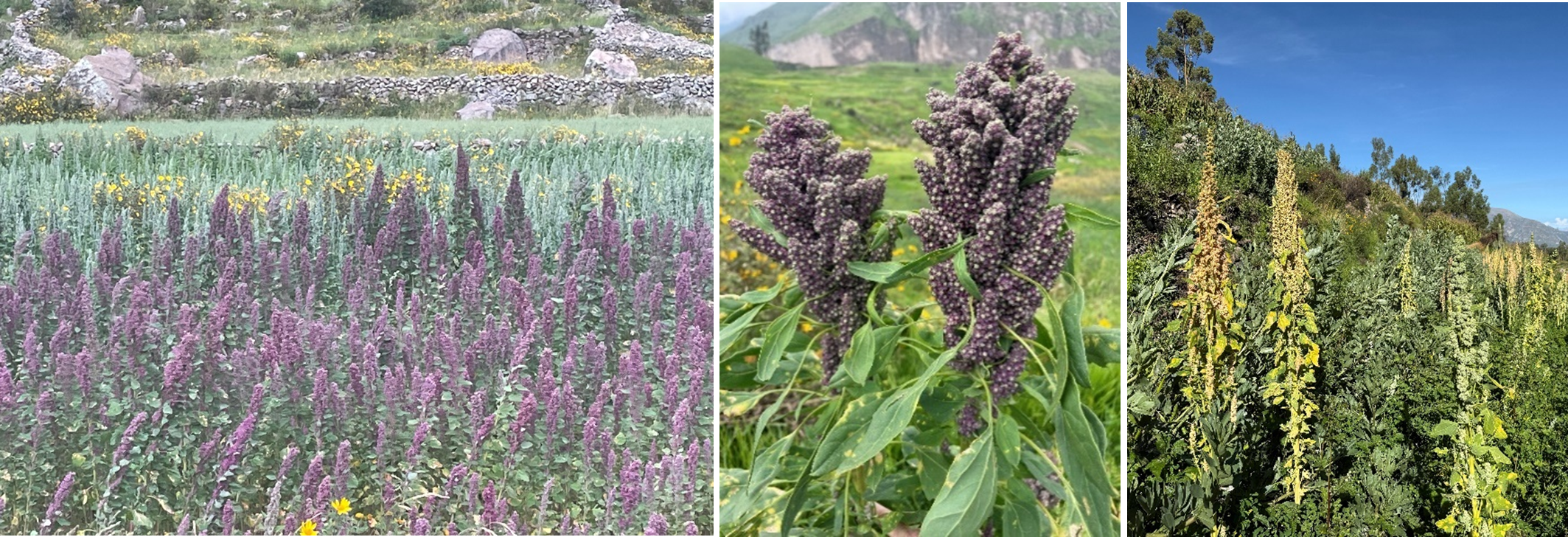
January 28, 2026
Quinoa fields showcasing diverse local varieties across smallholder farming plots in the Colca Valley. Photo credits: Lori Hoagland
‘Camelids’ Project takes part in the Alpaca Fiber Business Roundtable
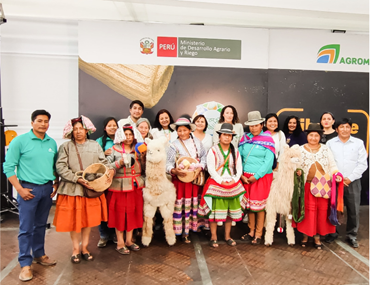
November 13, 2025
Dr. Julia Bello-Bravo (Purdue University) and Dr. Yezelia Cáceres Cabana (UNSA), members of the Camelids Project, together with alpaca producers during the Alpaca Fiber Business Roundtable held in Arequipa. Photo credits: MIDAGRI.
Read More about "‘Camelids’ Project takes part in the Alpaca Fiber Business Roundtable"
Empowering UNSA Professionals through cutting edge Agricultural Technology training
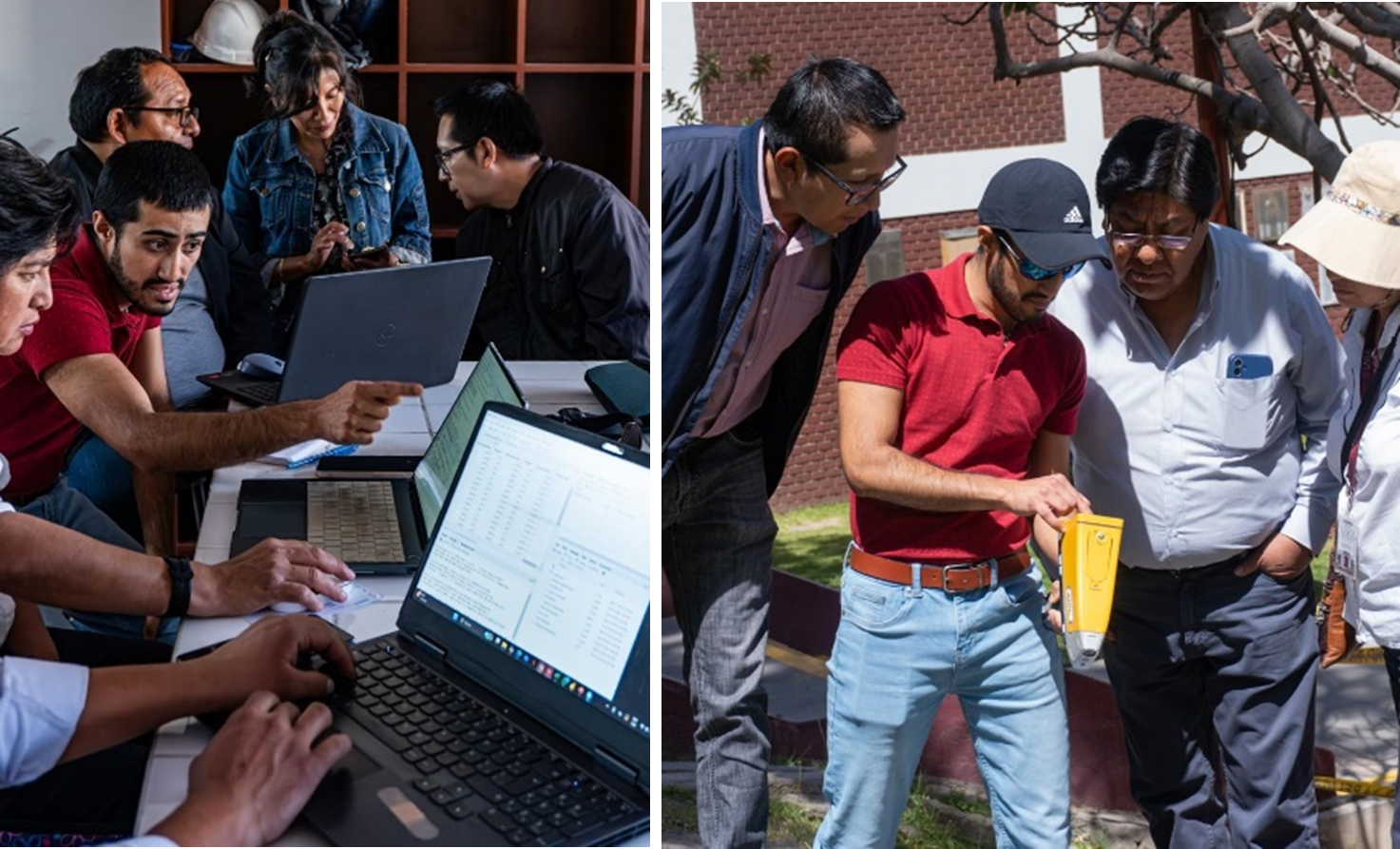
September 19, 2025
Cristian Salinas, from the Nexus Organic Farming Systems Project, served as the instructor for the course on the use and applications of portable X-ray fluorescence and microbiome held at the National University of San Agustin in Arequipa, Peru. Photo credits: UNSA students
Working for better tourism in the Colca Valley
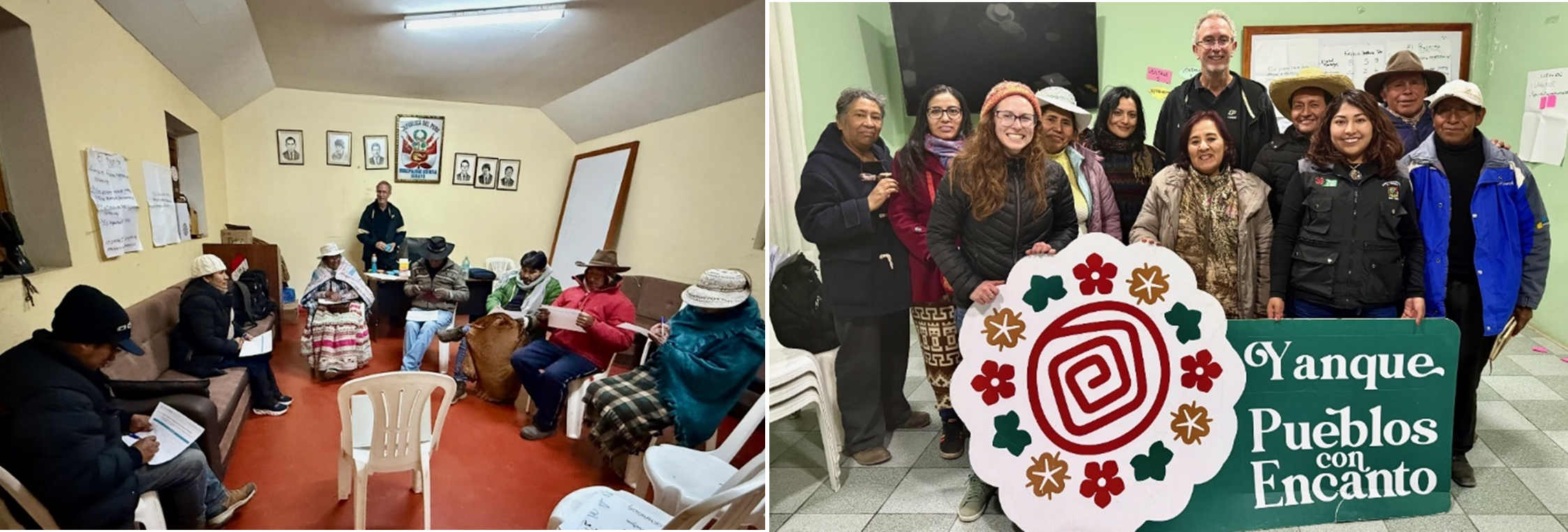
September 2, 2025
Members of the ‘Tourism’ Project during meetings with tourism stakeholders in the Colca Valley. Left: event held in the district of Sibayo. Right: meeting conducted in Yanque. Photos credits: Sarah Renkert and Jonathon Day.
Read More about "Working for better tourism in the Colca Valley"
‘Camelids’ Project strengthens theoretical and practical knowledge in animal reproduction and management among alpaca producers in Arequipa
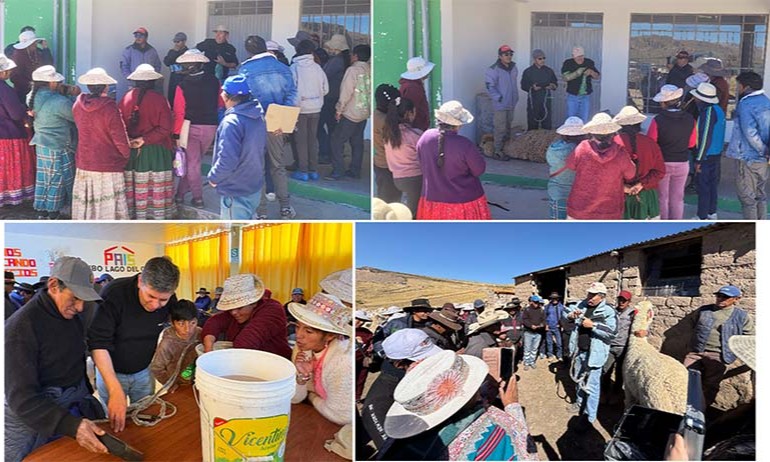
July 29, 2025
Members of the ‘Camelids’ Project during training events for alpaca producers in the highlands of Arequipa. Upper and lower picture: Dr. Víctor Pacheco, UNSA reproduction specialist, explaining the importance of early detection of alpaca pregnancy in Tisco and Chichas respectively. Photo credits: Alejandra Toro and Luis Sousa.
UNSA students collaborate with the Organic Farming Systems Project in setting second season crops

June 13, 2025
UNSA students help with cleaning and preparing on-farm trial plots. Pictures above: on-farm trial in Yanque anansaya. Pictures below: fitotoldo in Sibayo.
Assessing high Andean rangelands conditions and trends at CIBCI-Sumbay
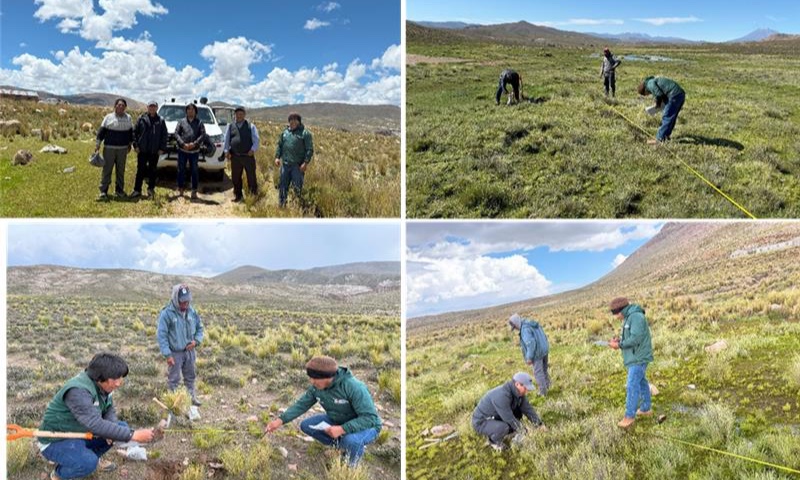
May 2, 2025
Team members of the Nexus ‘Camelids’ Project and INIA-Arequipa who conducted an agrostological assessment at CIBCI Sumbay in March. Pictures show installation of transects, soil sampling and collection of plant biomass samples. Photos credits: Elvis Apaza
Read More about "Assessing high Andean rangelands conditions and trends at CIBCI-Sumbay"
‘Camelids’ Project Increases Knowledge and Technical Skills to Improve Breeding Programs in Arequipa

April 25, 2025
Members of the ‘Camelids’ Project Drs. Gerardo Mamani, Alejandra Toro, Luiz Brito, and Luis Paulo Sousa were the instructors in the genetics/genomics training course conducted at UNSA’s Science and Technology Park. Left picture: participants to the course included students and faculty from the National University of San Agustin (UNSA) and the Catholic University of Santa Maria, and professionals from other institutions and independent consultants. Right picture: Gerardo Mamani leading a hands-on session on genomic data analysis. Photos credits: Gerardo Mamani and Alejandra Toro
Assessing Tourism Assets and the Aspirations of Colca Valley Destinations
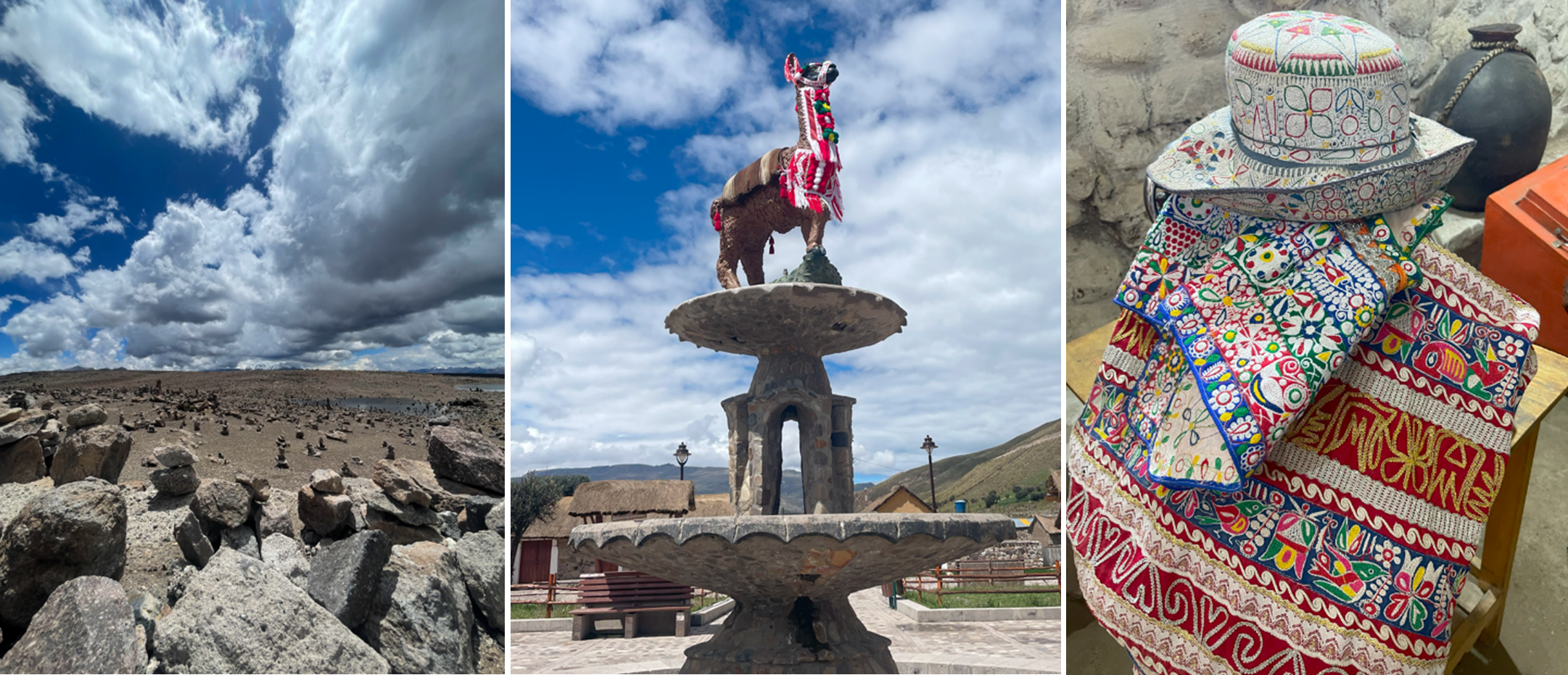
April 21, 2025
Touristic destinations in the Colca Valley: the Andes Lookout and Sibayo Square (left and center pictures); and typical textiles (center picture). Photos credit: Jonathon Day
Read More about "Assessing Tourism Assets and the Aspirations of Colca Valley Destinations"

